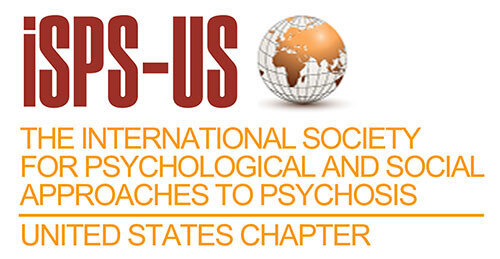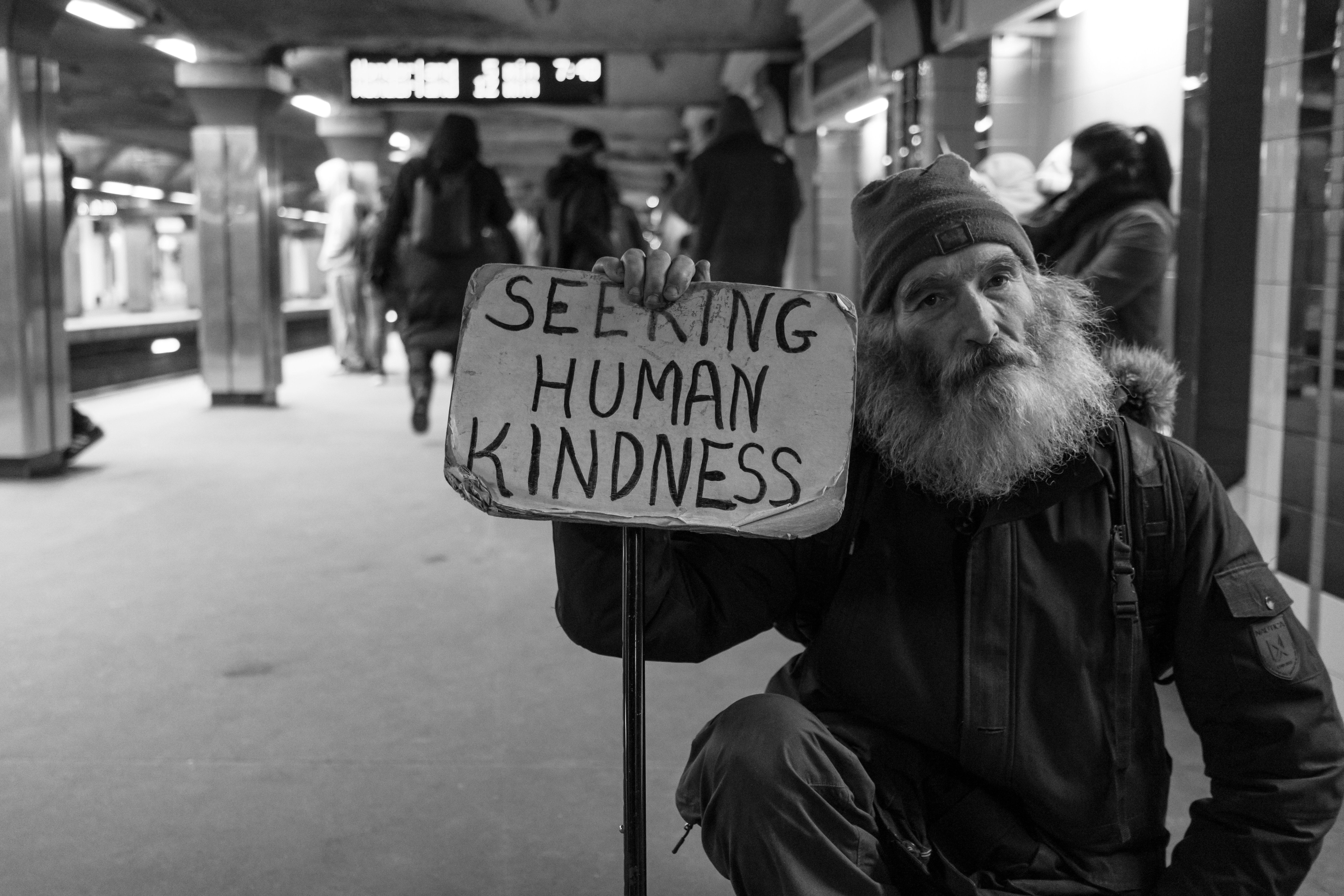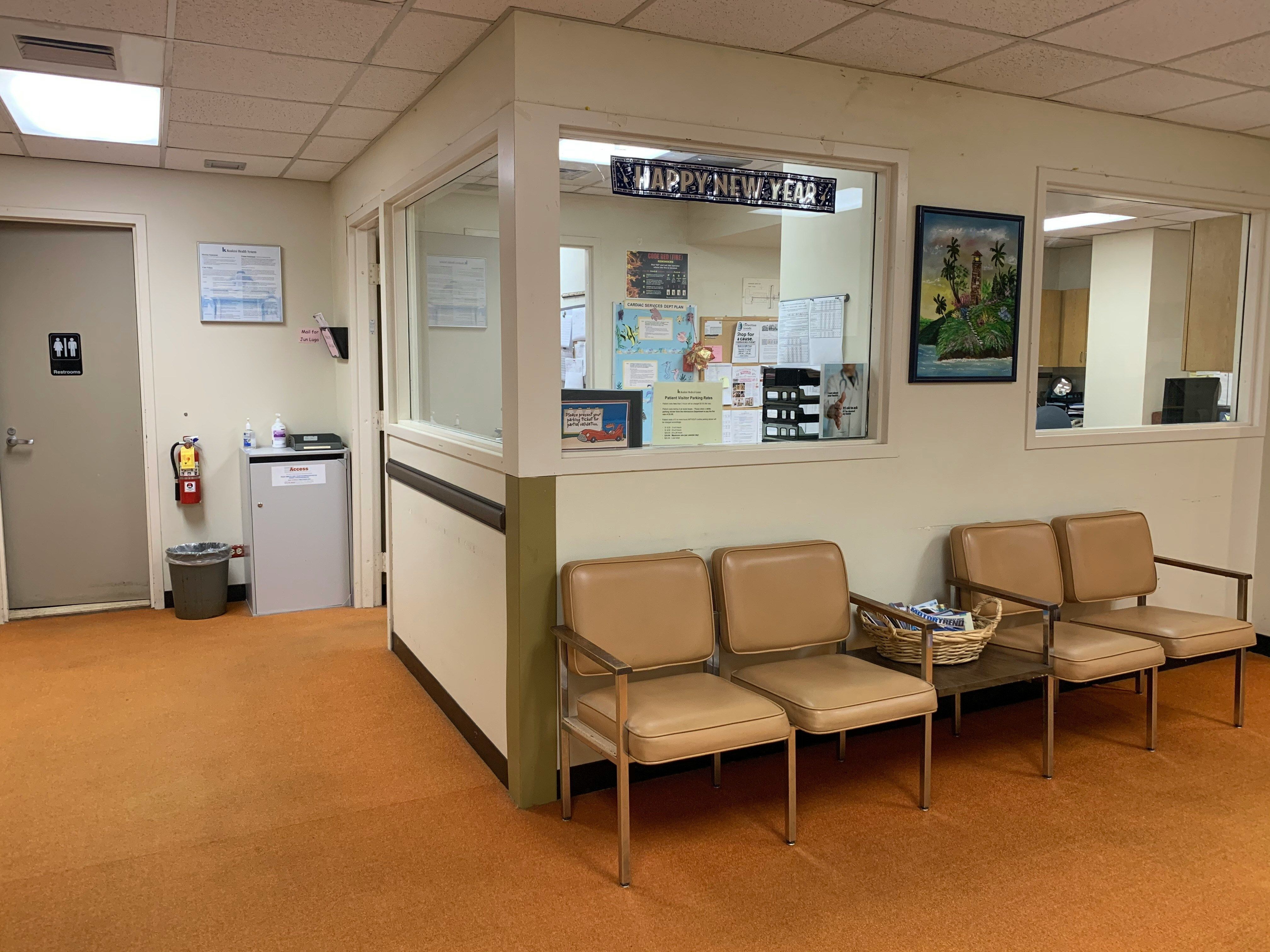We challenge the status quo
ISPS-US’s mission is to promote psychological and social approaches to states of mind often called “psychosis,” which often means challenging the biological-reductionistic status quo of mental health care as normal. ISPS-US aims to effect systemic change, within arenas such as the mental health system, education system, media, and systems influencing public policy. Our Advocacy Committee works in partnership with our Executive Committee to advance ISPS-US’s advocacy efforts and engage our passionate membership in collective action.
Learn more about ISPS-US Values and Principles.
Advocacy News
We want to highlight a powerful new initiative, Abolish Forced Psychiatry, which brings together the voices of activists, psychiatric survivors, professionals, and family members to call for the abolition of involuntary psychiatric and psychological interventions, including forced hospitalization and medication, and for the establishment of voluntary, community-rooted supports. It demands an end to the discrimination, criminalization, and carceral responses so often faced by people in distress, while calling us to recognize and address the social roots of suffering.
ISPS-US strongly opposes efforts to expand forced psychiatric commitment under the guise of public safety. Decades of research have shown that approaches like Housing First, voluntary community-based services, and peer support - not coercion or confinement - are what actually work. We believe in evidence-based solutions that uphold dignity, autonomy, and human rights.
A recent study finds that involuntary psychiatric hospitalization may increase risks of suicide, overdose, and violence for many people, especially those whose cases are uncertain. As coercive mental health policies expand nationwide, this research raises important questions about safety, trust, and better alternatives.
The International Society for Psychological and Social Approaches to Psychosis – US Chapter (ISPS-US) has joined Disability Rights California and a growing coalition of advocacy organizations in opposing California Senate Bill 331 (Menjivar).
ISPS-US recently submitted a letter to Oregon’s Joint Ways and Means Committee urging legislators to reject HB 2467, a bill that would dangerously expand the use of involuntary psychiatric commitment.
Interested in taking part in our advocacy efforts? If you’re not already a member, join ISPS-US.






